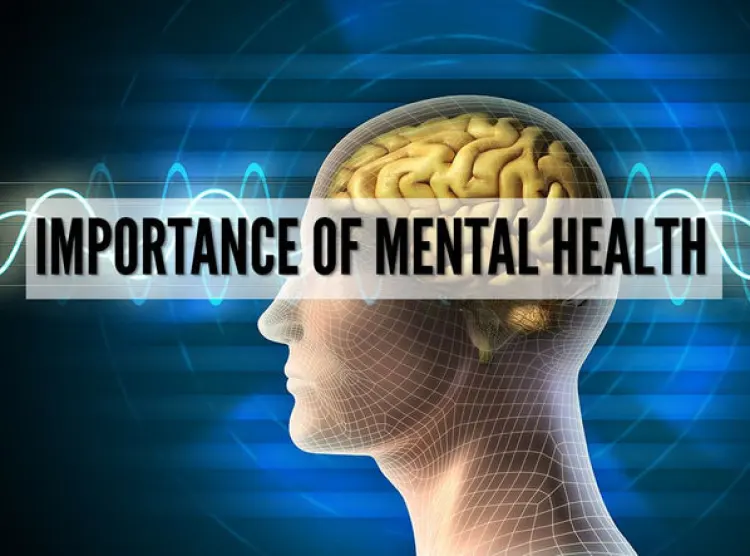
The Importance of Good Mental Health
Having good mental health is very important, since it influences how we think, behave, and interact with others. The term is usually defined as “the state of being psychologically, emotionally, and socially well”. The good health of an individual has a direct impact on the way he or she handles stress, interacts with other people, and makes decisions.
Depression is the leading mental health disorder in the Region
Among the top mental health disorders in the Eastern Mediterranean Region, depression is the leading cause of nonfatal disease burden. It accounts for 44.6% of the total disease burden in the region.
In addition to depression, anxiety is the second-leading cause of disease burden. This study examines the burden of mental disorders in the Eastern Mediterranean Region from 1990 to 2013.
Depression symptoms can be both mild and severe. People who suffer from depression may have difficulty concentrating, sleeping, eating, and performing day-to-day activities. Some symptoms may be temporary, while others last for weeks or months. Those who are suffering from severe depression may not recover after a single episode of symptoms.
Women are more likely to suffer from anxiety and depression than men. In 2013, women lost 3.3 million DALYs to depression, while men lost 2 million DALYs.
Eudaimonic traditions promote excellence in functioning
Unlike hedonic concepts, eudaimonic well-being is a unified concept that includes work-life balance, satisfaction, and engagement in meaningful relationships. It is also a measure of personal growth.
The most obvious eudaimonic activity is performing the right actions at the right time. However, eudaimonic achievements are achieved through a variety of other activities. These include acts of virtue, scientific contemplation, and political action. The most important eudaimonic activity is to live life according to your potential. Interestingly, there is substantial overlap between eudaimonic and hedonic well-being.
Eudaimonic well-being is an area of research that receives less attention in the U.S., largely because hedonic concepts have been the focus of much of employee well-being research.
Earlier psychological research did not distinguish between eudaimonia and hedonism. Nevertheless, the distinction has proven to be statistically significant.
Treatment options available
Fortunately, there are many treatment options available for mental health. These include medication, psychotherapy, and a variety of other treatments. The key is finding the right treatment for you.
Medications are often prescribed by a doctor, physician assistant, or nurse practitioner. These medicines may help with symptoms and may make other treatments more effective.
Psychotherapy involves talking with a therapist to explore your thoughts, feelings, and behaviors. A therapist will also help you learn coping skills. You can receive therapy in a one-on-one, group, or inpatient setting.
Behavioral health disorders can affect your thinking, behavior, and functioning at work, school, or home. The most common are depression and anxiety. They can have a severe impact on your life.
Psychiatric hospitals provide 24-hour care for people with serious mental illnesses. These facilities can also offer long-term care for people with financial constraints.
Stigma attached to mental illness
Throughout history, stigma attached to mental illness has been a major problem. In the past, people with mental illness were subjected to violence, imprisonment, and mistreatment.
Today, stigma associated with mental illness is fueled by the media and social stereotypes. In addition, many people suffer from depression, anxiety, and substance abuse. The result is isolation and self-consciousness.
One of the most important steps in reducing the stigma is to educate yourself about the symptoms and treatment options available for your condition. You may also want to consider an advocate. They can help you navigate employment disputes, housing issues, and financial claims.
In addition, you should be open and honest with your loved ones about your struggles with mental illness. Your friends and family may want to get involved with your treatment. It’s also a good idea to try new activities in your community. If you do, you may be able to share your positive experiences with others.



Average Rating